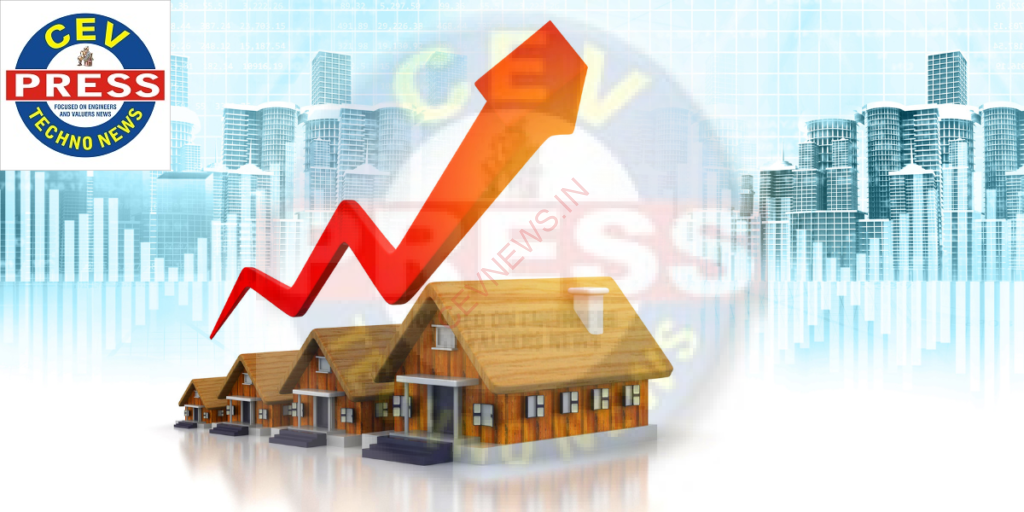MARKET DYNAMICS AND TRENDS IN INDIAN REAL ESTATE SECTOR
The Indian real estate sector is witnessing dynamic shifts and notable trends, influenced by various factors ranging from government policies to changing consumer preferences. Understanding these market dynamics and trends is crucial for stakeholders to navigate through the complexities of this sector effectively.
1. Urbanization and Population Growth
India’s rapid urbanization and burgeoning population have been significant drivers of the real estate sector. The increasing urban population has led to a rising demand for residential, commercial, and industrial spaces in urban centers and peripheral areas.
2. Policy Reforms and Regulatory Changes
Government initiatives such as RERA (Real Estate Regulation and Development Act) and GST (Goods and Services Tax) have brought about significant regulatory changes in the real estate sector. These reforms aim to enhance transparency, accountability, and consumer protection, thereby boosting investor confidence.
3. Shift Towards Affordable Housing
There is a noticeable shift in focus towards affordable housing, driven by government schemes such as PMAY (Pradhan Mantri Awas Yojana). Developers are increasingly catering to the demand for budget-friendly housing options, particularly in tier 2 and tier 3 cities.
4. Co-Working Spaces and Flexible Offices
The rise of the gig economy and startups has fueled the demand for co-working spaces and flexible offices. This trend is reshaping the commercial real estate landscape, with developers adapting to accommodate the evolving needs of tenants seeking collaborative work environments.
5. Technology Integration
Technology integration is transforming various aspects of the real estate sector, including property search, construction methods, and facility management. Innovations such as virtual reality property tours, IoT-enabled buildings, and AI-driven analytics are enhancing efficiency and improving the overall customer experience.
6. Sustainable Development Practices
With increasing environmental awareness, there is a growing emphasis on sustainable development practices in the real estate sector. Green building certifications such as LEED and GRIHA are gaining prominence, as developers strive to reduce carbon footprints and adopt eco-friendly construction techniques.
7. Rise of PropTech
The emergence of PropTech (Property Technology) startups is disrupting traditional real estate operations. These companies offer innovative solutions for property management, investment analysis, and mortgage services, facilitating greater efficiency and transparency in the market.
8. Impact of COVID-19 Pandemic
The COVID-19 pandemic has had profound implications on the real estate sector, causing disruptions in construction activities, sales, and leasing transactions. However, it has also accelerated digital adoption and remote work trends, influencing the demand for residential and commercial spaces.
The Indian real estate sector is undergoing significant transformations driven by various factors such as urbanization, policy reforms, technological advancements, and changing consumer preferences. Stakeholders must adapt to these market dynamics and trends to capitalize on emerging opportunities and mitigate potential challenges in this evolving landscape.


